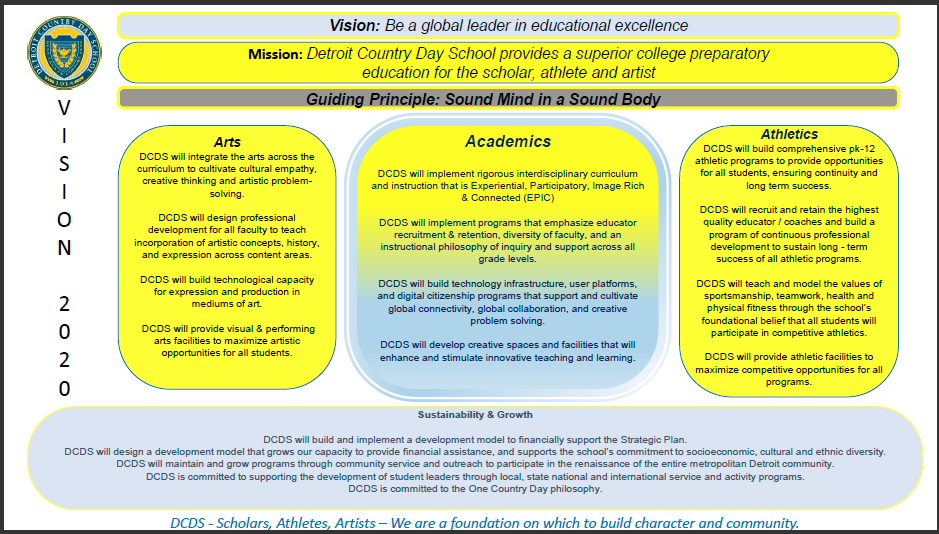During my brief stint in law school, note taking was often a frustrating proposition. Professors were committed to a Socratic method of questioning, and rarely, if ever, gave definitive answers. Finally, midway through the year, one of my first year law classmates threw down her notebook in class and said "What the hell am I supposed to write in my notebook?", left the class, and never returned. Even accomplished students grapple with the best system for note taking.
This morning the topic of note taking came up in department meetings, and recently there has been much discussion regarding handwritten notes vs. typewritten notes (on a laptop or device). The journal Psychological Science recently published research indicating that recall is better when notes are taken by hand than when kept via a keyboarding system. The cognitive process one goes through to evaluate spoken words and form associations and abbreviations seems to engage the mind in a way that typing notes verbatim does not accomplish. The study compared recall results of two groups after listening to a series of TED talk lectures on information that was of interest, but not widely or generally known. One group took notes by hand with paper and pen, while the other used keyboards to keep typewritten notes. The paper and pen group performed better, leading to a conclusion that this method might be the better choice for students. (http://www.psychologicalscience.org/index.php/news/releases/take-notes-by-hand-for-better-long-term-comprehension.html) Interestingly, the study did not consider a third group of students who took no notes but sat and listened. Some researchers believe in the “Distraction Hypothesis”, which posits that the act of taking notes is a distraction and that people are better off engaging in active listening. There does not seem to be any conclusive evidence that this is so.
In terms of implications for our students, the question then arises as to whether we should mandate a particular approach to taking notes, or conversely, “outlaw” typewritten notes. Like all learning preferences, it’s important that students find the method that works for them. Learning is not a “one size fits all” proposition, and students finding an organizational method that works for them is more important than the methodology they employ. There are certainly some benefits of typewritten notes – digitally stored notes are easily searchable, can be cut and pasted, can easily include images, charts and graphs, and can be taken via a web-based platform such as Evernote so that they are accessible from any internet enabled device. Conversely, typewritten notes are significantly less effective in areas such as math and science that might include symbols and shapes that are difficult to replicate digitally. Perhaps the best “hybrid” option is taking handwritten notes with a stylus on a tablet or touch screen device. These notes can be stored electronically, can be uploaded into applications like Evernote which use recognition software to convert them to typed format, or to make them searchable, and images can be captured easily and included with notes. After looking at this research, this is a method I’m going to try, and I encourage everyone to consider all of the possible options to maximize note taking efficiency.
The research published in Psychological Science and conducted by Princeton and UCLA researchers doesn’t explicitly recommend that students never use keyboards to take notes. Blogger Daniele Walker writes, "This research by Princeton and UCLA does not suggest that students should never use keyboards to take notes. Rather, it warns against transcribing lectures verbatim rather than closely listening as the pitfall of electronic notes. This, they say, is what causes digital notes to slip through the cracks of students’ brains. The experimenters explicitly told typists not to transcribe lectures verbatim, with almost no luck. “ (http://www.ecnmag.com/blog/2014/02/digital-or-handwritten-note-taking-debate). Perhaps the issue is more how we teach students to take notes (or perhaps how we don’t), it’s a topic of great interest and importance to our students.
There are a lot of great note taking systems out there. For example, for those of you unfamiliar with the Cornell note taking system, here is an example of an outstanding model http://lsc.cornell.edu/wp-content/uploads/2015/10/Cornell-Note_Taking-System.pdf. Regardless of the mechanism used for taking notes, the organizational and study skill pedagogies are perhaps most important.
Like most things we do, the practice of note taking, and the tips and instructions we give, can stand some examination. Not all notes are equal, and not all methods return the desired results. Perhaps most important is knowing what to write, or type, in our notebooks...

